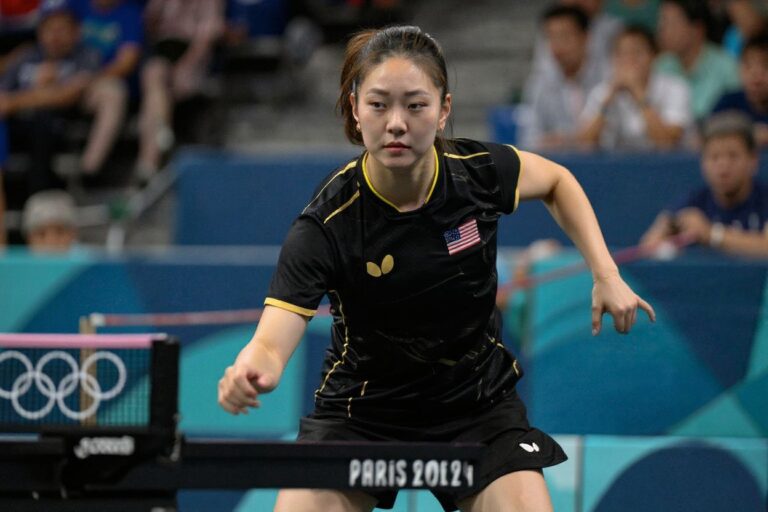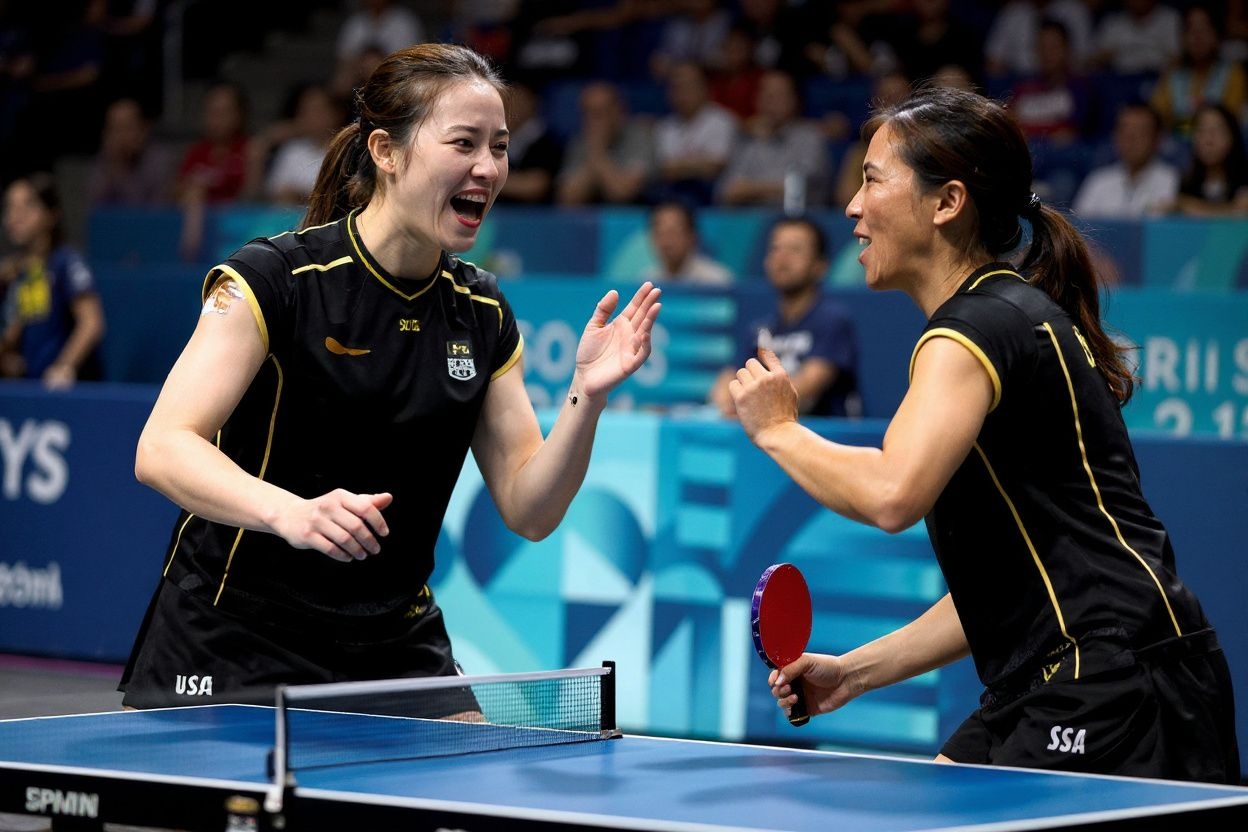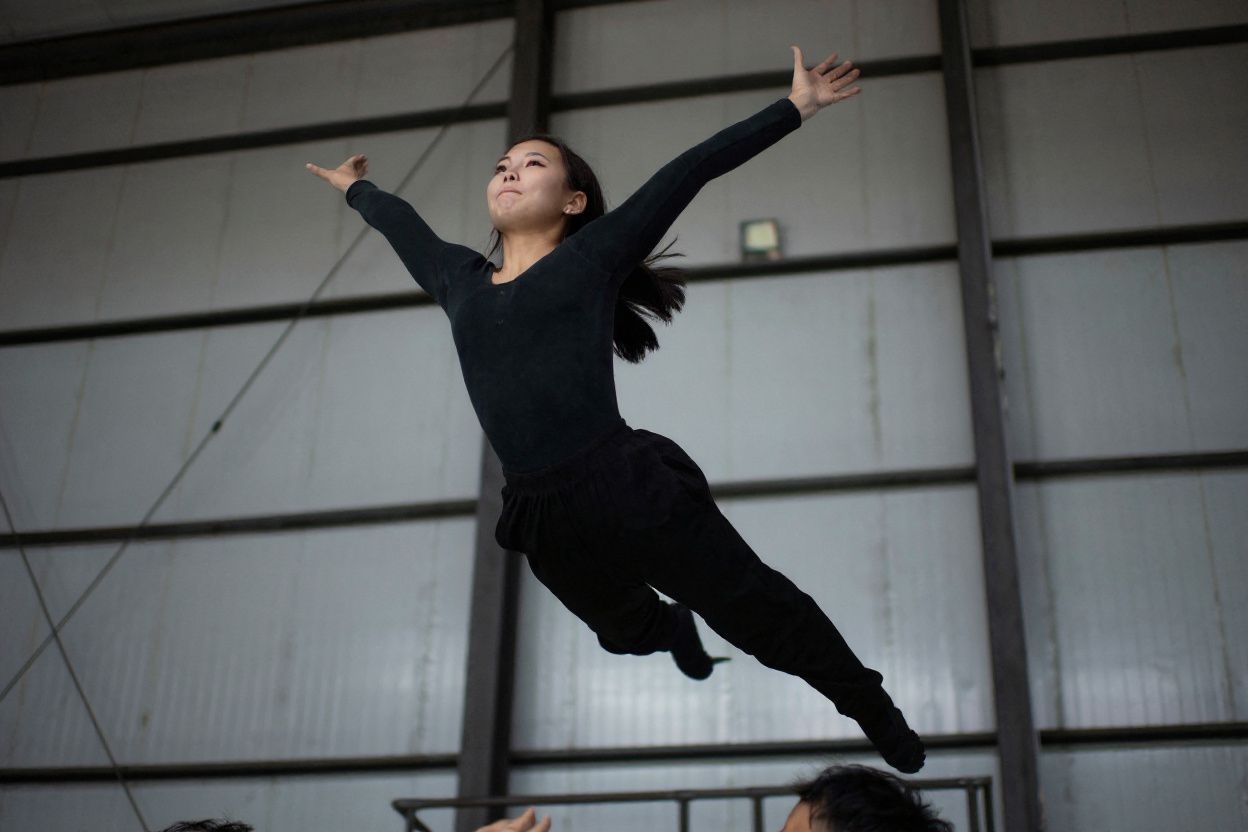
For decades, Asian success has looked like this: enrolling in the top schools and programmes, securing a high-paying job, and settling down with your own family and children.
It’s the circle of life that everyone is expected to go through, right?
My answer is no. Instead, it’s even more evident than ever that it’s time to rethink if this is what success really means.
In Western media, many coming-to-age movies feature a scene where the child (often the main character) is pushed into something — usually by their parents — simply because the path makes sense to them. In the show’s climax, we get the “No, Dad. I’m giving up your dream” line, which blows everyone’s mind.
Whether we’re talking about (spoiler alert) Troy Bolton’s decision to pursue basketball and theatre instead of just basketball in “High School Musical 3: Senior Year” or Austin Ames’s iconic reply to his dad’s “You’re throwing away your dream” line with, “No, Dad. I’m throwing away yours” in “A Cinderella Story.”
Whatever the case, this doesn’t happen that often in an Asian setting.
 US’s Lily Zhang celebrates after winning the women’s table tennis singles round of 32 at the Paris 2024 Olympic Games. And still, her parents want her to get a “real job.” It’s ingrained in Asians from a very young age that you don’t go against your parents’ words, even if it makes you miserable. The scene where Michelle Yeoh’s character, Eleanor Young, allows Nick Young to marry Rachel Chu in “Crazy Rich Asians” definitely raises some brows.
US’s Lily Zhang celebrates after winning the women’s table tennis singles round of 32 at the Paris 2024 Olympic Games. And still, her parents want her to get a “real job.” It’s ingrained in Asians from a very young age that you don’t go against your parents’ words, even if it makes you miserable. The scene where Michelle Yeoh’s character, Eleanor Young, allows Nick Young to marry Rachel Chu in “Crazy Rich Asians” definitely raises some brows.
(Could it be because Nick grew up in the US, where all this talk about freedom extends to his relationship with his family too? Who knows.)
There’s a reason many Asians around the world shudder when anyone mentions “tiger mum,” and Eleanor Young isn’t even that scary. There are worse stories out there, each enough to make you wince and feel grateful for your own upbringing.
This Redditor says, “My mum was happy when her brother’s daughter studied music, not because she respects her decision but because she was no longer ‘a threat’ to her. It’s all about appearances and family pride. They care only about how ‘respectable’ they are to others, how jealous everyone else is of them.”
A less unsettling yet amusing story comes from Lily Zhang, the Chinese-American queen of American table tennis, six-time national champion, and four-time Olympian, as well as the daughter of two immigrants from China.
You would think that being an Olympic winner would mean the world to her parents, but no, “Being a ping-pong athlete is not stable,” says Zhang’s mum in an interview with the Wall Street Journal. Still, at least her parents are still supportive, cheering her on in her matches, though still following up with the “What are your plans for jobs?”
So if Asian kids are only working towards Asian definition of success made by their parents and the generations before them, where does the cycle end?
 If we stop limiting what success means, what heights can we achieve that were previously never thought of? A Chinese proverb goes: “吃得苦中苦,方为人上人” (chī dé kǔ zhōng kǔ, fāng wéi rén shàng rén).
If we stop limiting what success means, what heights can we achieve that were previously never thought of? A Chinese proverb goes: “吃得苦中苦,方为人上人” (chī dé kǔ zhōng kǔ, fāng wéi rén shàng rén).
It means “he who is able to go through the hardest of hardships may excel from the common people.”
Hardships build character; they give you the grit not to be hurt by (in)significant matters. They make you resilient and strong, and the more you get through them, the more you walk away thinking, “That wasn’t so bad.”
For most Asians, hardships lead to success, and success — in its most traditional form — follows a pattern.
Academic excellence is the bare minimum. Mastering an instrument or sport as your extracurricular might get you some praise. An international education at one of the best universities in the world, within one of the best and most sought-after programmes, would be ideal.
Bonus points if you have another out-of-school activity that puts you ahead of your cohort, for example, interning somewhere during your school break while all your peers are attending extra classes – which you’re also doing, by the way.
In Singapore, a 2017 report found that 86% of students were worried about poor grades at school, compared with the Organisation for Economic Co-operation and Development (OECD) average of 66%.
More than three-fourths (76%) of Singapore’s students were anxious about a test, even if they were well-prepared,
compared with the OECD average of 55%.
In South Korea, around 80% of students attend cram schools, known as “hagwons“, after their formal schooling. As of July 2023, more than 24,000 hagwons can be found in the country’s capital city of Seoul — triple the number of convenience stores in the city.
“It’s difficult to prepare for school exams on your own when hagwons provide abundant study material that you would otherwise be unable to obtain,” Yerin Kim, a high school student who attends hagwons, tells TIME. “The fact that everyone else is attending hagwons makes me feel like I’m missing out on something if I don’t.”
After that, it’s about securing a high-paying job and climbing the corporate ladder.
You work towards better pay, better benefits, better life – and you eventually realise that if you don’t redefine what success means to you, it’s ultimately going to be this neverending ladder, chase, and journey because there is no settling in success – and the young adults of today know it intimately.
It could be about powering through a university programme you hate with your guts. Maybe it’s struggling to keep your grades up in an elite institution, caught in a seemingly neverending match against your peers and yourself to obtain the better results, the better grades, all to please familial and societal expectations.
In the award-winning Korean drama “Sky Castle,” (again, spoiler alert) one character goes as far as to fake her admission into Harvard University. When the truth is revealed to her father, who has sung her praises endlessly prior, it creates this gutwrenching and heartbreaking scene that puts to light what an Asian kid can go through.
“Do you know how pathetic I felt? But I put up with it all because it was making you happy even though I was miserable,” the character says to her furious father. “Your voice changed instantly when I told you I got a B. You made me think I had to get good grades to be considered your child.”
Here’s a clip of the scene below. If you’re hoping for an (albeit dramatised) insight into how tough the Korean education system can be, definitely give the show a watch.
Outside of studies though, it might be about persisting in a job you don’t want to wake up for every day because the pay is decent enough. Or it could be a situation where every social gathering with your extended family drains the life out of you and you have to muster up the energy to do it all over again in a week.
Because based on the phrase – “吃得苦中苦,方为人上人” – and many others like it, there surely is a light at the end of the tunnel or a silver lining in the clouds.
But the word “hard” in the phrase doesn’t fully encompass what the proverb implies.
The character used for hardships is “苦” (kǔ), and it is most commonly defined as “bitter,” though it is also defined as “pain” and “miserable.”
This brings us to the next question: is going through hardships necessary to succeed?
Is going through the bitterness, pain, and misery really worth it? How little is “not trying hard enough,” and how much is too much in the name of success?
While yes, sometimes, having a formula for success offers you guidance on where to go and what to do and the milestones you have to achieve to meet the end goal. Struggling is good too, since they make the best success stories, after all.

Back then, Yuna Kim's family often struggled to fund her skating expenses, even putting up their house as collateral for a bank loan. Now, she's a household name in Korea and is recognised worldwide for her talents.
Just look at Jack Ma, who failed his Gaokao twice before he was admitted into a national Chinese university and became a business magnate years down the road or Malala Yousafzai, who was shot when advocating in Pakistan for a girl’s right to education before she became the youngest Nobel Prize laureate in history.
But everyone’s story is different. Countless people have tried and tested the same few methods to success, and while some have reaped the benefits, others simply fall behind the pack and never catch up.
Somewhere, students are killing themselves due to academic pressure, young adults are showcasing prevalent mental health issues in the workforce, and some are simply unable to talk about their problems at home. These issues pile up, and eventually, all it takes is one insignificant thing to break the camel’s back.
So, where do we go from here?
Scrap the conventional form of “success” and let yourself decide what it means.
Whether that’s earning billions in a C-suite position, curing cancer, solving the climate crisis, or simply getting out of bed for the day, learning how to drive, or not stuttering when ordering a coffee, success is something achievable, even if you don’t complete the trifecta of top-tier education, well-paying job, and starting your own family.










